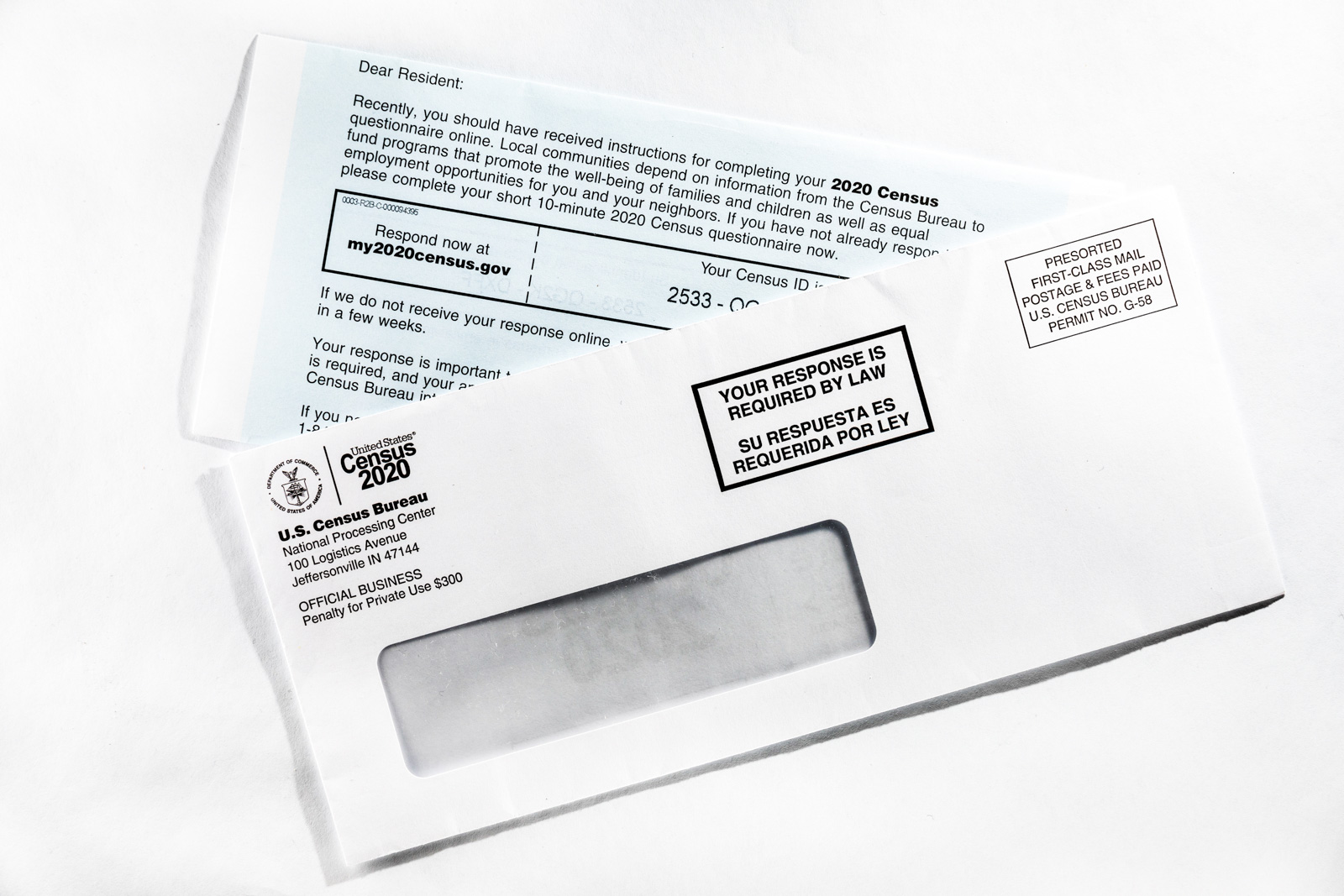UCLA faculty urges students to participate in 2020 U.S. Census

The data from the United States Census, which occurs every 10 years, is used to allocate the number of House of Representatives per state and to distribute federal funding to communities. Students should determine how to count themselves based on where they live most of the time. (Jintak Han/Daily Bruin staff)

By Saumya Gupta
April 11, 2020 1:28 p.m.
UCLA faculty said it is essential for students to participate in the United States 2020 Census despite housing changes due to the pandemic.
The U.S. Census, which occurs every 10 years, counts all the people living or residing in the United States. People have until August 14 to participate in the census.
The purpose of the census is to allocate the number of members in the U.S. House of Representatives per state and to distribute federal funding to communities based on the census data, said Jeffrey Enos, the deputy regional director of the Los Angeles region of the U.S. Census Bureau.
“Hundreds of billions of dollars of federal funding are distributed to communities across the country based on the census data,” Enos said. “Grant proposals and grants are funded based on the census data and so it’s very important that everyone is counted, including college students.”
The information from the census and from surveys that come out of the census are used to make inferences about the needs of different populations, said Natalie Masuoka, an associate professor of political science at UCLA.
“That’s one of the reasons why it’s really, really important for us to have everyone,” Masuoka said. “Especially for those populations that really do have needs that they want the federal government to address, (and) make sure that they are counted on the census”
An accurate count is also extremely important in making sure that resources are allocated to UCLA, Masuoka added.
The census data informs federal funding for services and programs such as highway construction, school lunches, education and Medicaid. It also impacts funding for Pell Grants, school safety, and mental health services, according to the U.S. Census Bureau.
An inaccurate count could affect some of the federal funding in programs such as special assistance programs, said Jennie Brand, a sociology and statistics professor and director of the California Center for Population Research.
“Anything that relies on federal funding that students utilize can be impacted by the census count,” Brand said. “Even if the resources to the community around UCLA get disrupted that ends up impacting the students.”
The COVID-19 pandemic has caused many college students to temporarily relocate from their housing near their campus.
UCLA moved spring quarter classes online in response to the COVID-19 pandemic and encouraged students living on the Hill to move out. More than 80% of Hill residents have left in response to the announcement.
Students should determine how to count themselves based on where they live the majority of the time as of April 1, according to the U.S. Census Bureau.
The Census Bureau categorizes students into two groups, Enos said.
The first category is students who live in the dorms, university-recognized fraternity and sorority houses, university apartments or any other on-campus housing.
Students in this group don’t have to respond to the census since they’ve already been counted by the university, Enos said.
The other category of students are the students who live in off-campus, non-university owned housing. They have to respond on their own, Enos said.
Students can fill out the census form in three ways: online, over the phone or through a paper census form, and it takes less than 10 minutes, Enos added.
Masuoka said students should be proactive to make sure that they are being counted, adding that it’s better to be over-counted than under-counted.
“My kind of strong recommendation is to make sure that each and every person in the United States, (makes) sure that they understand where they should be counted,” Masuoka said. “If they’re assuming someone else’s counting them then they need to reach out to make sure that they are in fact being counted.”
The data received in the census is protected and can’t be shared with any company, organization or government agency, Enos said. There are also no questions about immigrant status, he added.
“We don’t ask citizenship status,” Enos said. “It’s a simple population count.”


